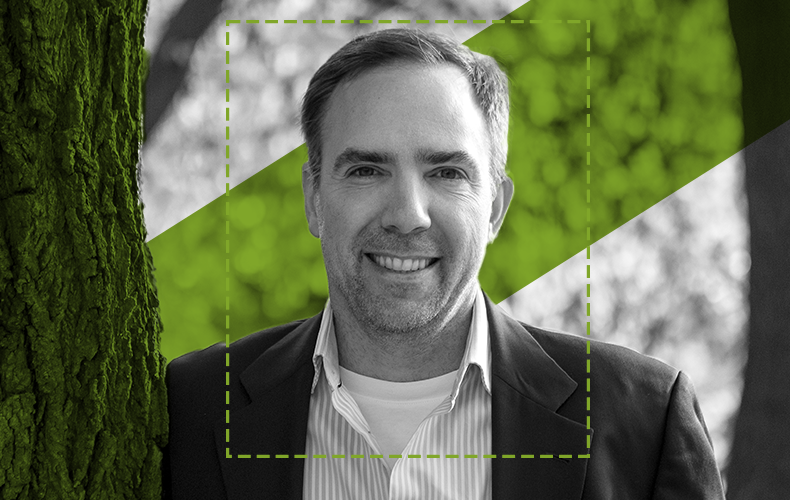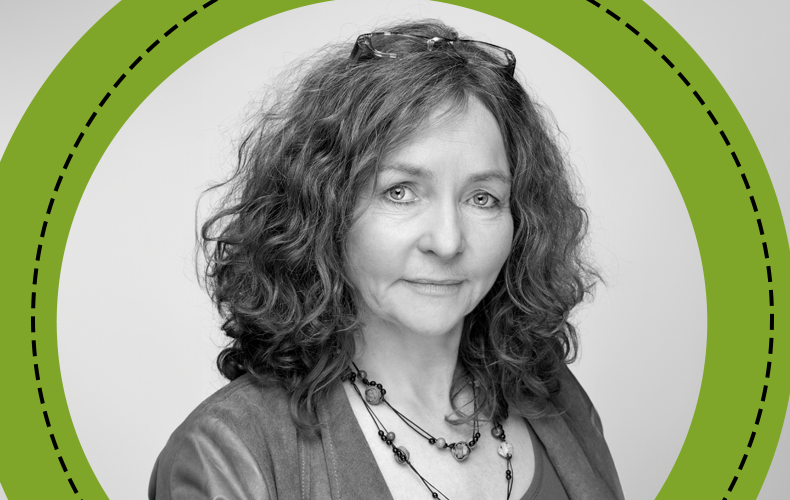2 July 2019 – As part of the career development opportunities offered by the EMBO Young Investigator network, young group leaders can choose an EMBO Member as a mentor. Three mentoring pairs talked to Kathy Weston about how their relationship influenced their approach to science and running an independent lab.
For Yuki Nakamura and his mentor George Coupland, mentoring through the Young Investigator Programme is very much an extension of a well-established relationship. Back in 2009, Nakamura was a postdoc in Singapore, studying how phospholipids affect plant growth and development, when he came across a paper from Coupland’s lab that really sparked his interest.
Coupland, a pioneer in the use of molecular genetics to study how the life cycles of plants are synchronised to both diurnal and seasonal rhythms, was working on the Flowering Locus T (FT) gene, which is critical for controlling when plants flower, and it looked to Nakamura as though FT protein might be able to bind to his favourite phospholipids. An exchange of emails and a fellowship from the Alexander von Humboldt Foundation resulted in Coupland offering Nakamura a postdoc in his lab at the Max Planck Institute for Plant Breeding Research in Cologne, Germany, to study the problem. This led to a high-profile paper in which the pair and their colleagues demonstrated that the FT–phospholipid interaction was an exquisitely sensitive regulator of flowering time in Arabidopsis.
Building on an existing relationship
Nakamura left Coupland’s lab after just a year to take up a faculty position at the Academia Sinica in Taiwan, but as he says, “there were a lot of things I still wanted to learn from George, so I very much wanted to keep in close touch with him.”
After Nakamura became an EMBO Young Investigator in 2015, both parties were very happy to form a mentoring relationship. “As we knew each other well already there was a personal rapport,” says Coupland. “It’s always inspiring to talk with young, bright and motivated colleagues, and Yuki has an irrepressible optimism and positivity that is good to be around. And he’s an expert in lipid biochemistry, which is a very different area to what my group works on; I’ve learnt a lot about the field from the discussions we’ve had.”
Nakamura thinks the scheme has put his interactions with Coupland on a new footing: “The fact that it’s an official part of the EMBO Programme makes me take it very seriously,” he says. “During my yearly visit, I always try to bring a new and interesting story to show George, and that really drives me to work very hard for the rest of the year!”
Learning for both parties
The career structures in Taiwan and Germany are quite different, so that the focus of the mentoring is predominantly scientific: “George spends a lot of time talking to me about my work, and his comments and questions are really refreshing,” says Nakamura. “It’s a great opportunity to look at the science from a different aspect.” However, Coupland thinks that the differences between the two countries have also been illuminating: “In following Yuki’s career, I’ve learnt interesting things about how other systems treat their young researchers and nurture their careers,” he says.
Both Nakamura and Coupland intend to maintain their relationship for the foreseeable future. “I’m going to continue my yearly visit because it’s simply exciting,” says Nakamura, “and I’m always looking for a chance to invite George to Taiwan. I hope the connection will get tighter and tighter.”
Coupland agrees: “Yuki combines his dedication and deep knowledge of lipid biochemistry with many talents outside science,” he says. “In an earlier life he was a concert pianist, and in his apartment in Taipei, he’s played music for me while treating me to his home made sushi. Encounters like this broaden your life experience!”



